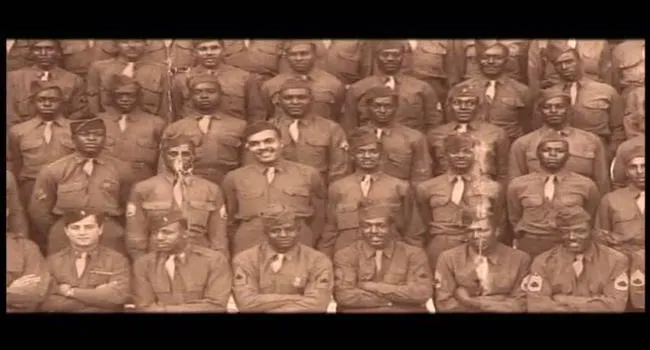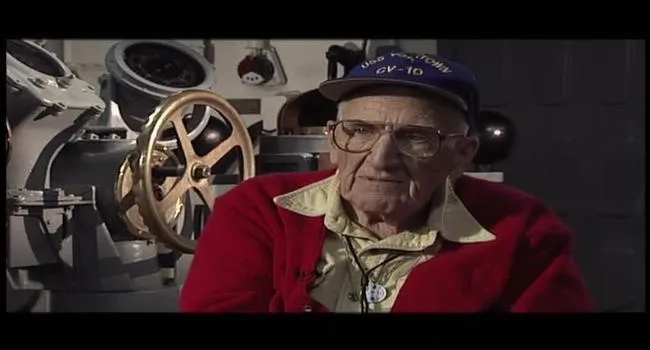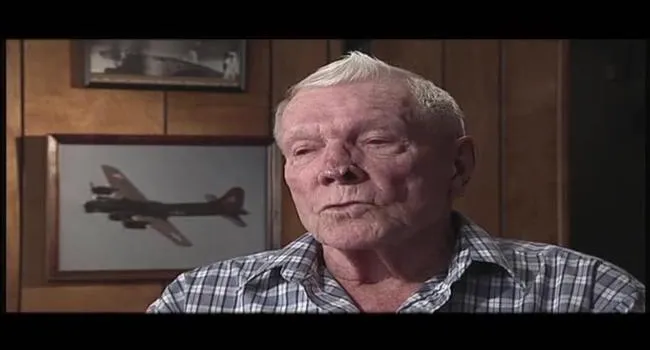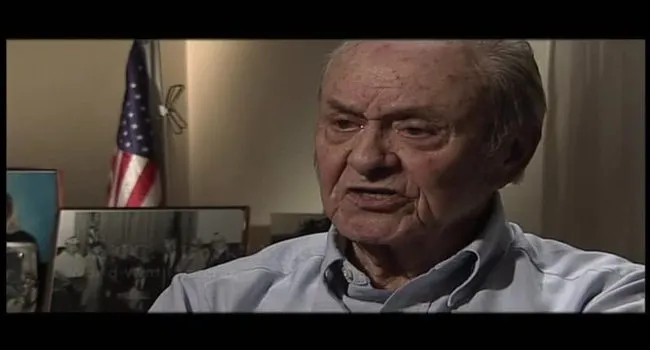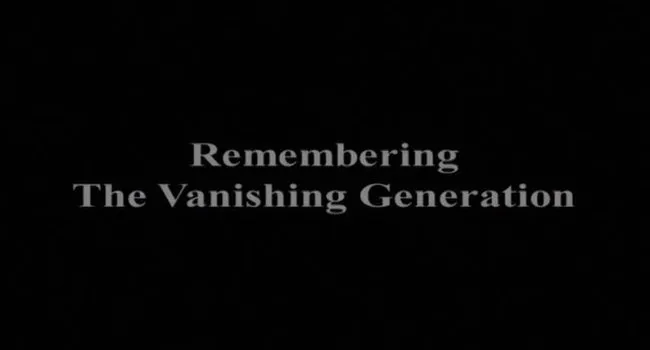Tom Grove, prisoner of war survivor, tells the story of being in his second prison camp, and hearing bombing way off in the distance, and how the noise of artillery got louder and closer, along with small arms fire. It was Easter Sunday, 1945, and they knew that they were finally going to be delivered. Easter Monday morning, the American tanks came in, knocked over fences and towers, they were delivered.
Guy G. Wright, prisoner of war survivor, recalls that when the war ended on the 13th of August, they were told to stay in the camps until they were liberated. He wasn't liberated until the 10th of September. They had been promised help but it never got there, so they were mad at the United States. They had an axe to grind, so there was no real jubilation on their part.
Standards
- 5.3 Demonstrate an understanding of the economic, political, and social effects of World War II, the Holocaust, and their aftermath (i.e., 1930–1950) on the United States and South Carolina.
- 8.5.CO Compare South Carolina and U.S. wartime contributions and demobilization after World War II.
- USHC.4.CO Develop a comparative analysis of the motives for and outcomes of American policies regarding foreign intervention.
Resources
You need to be logged in to listen to view this content. Create an account now; it's quick, easy, and free!
Log In to View

